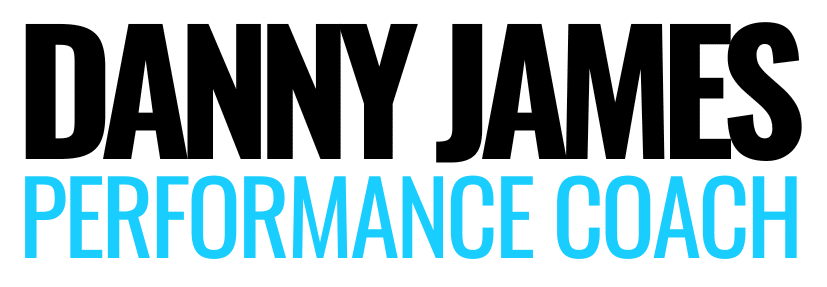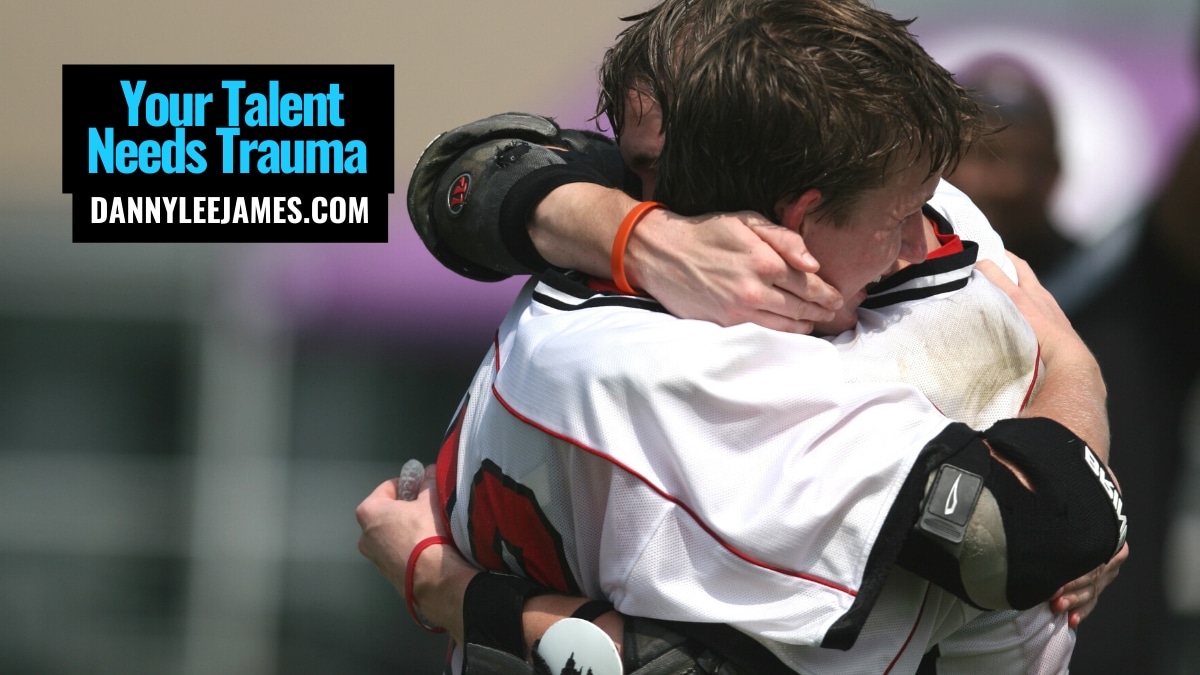Word has reached camp that we’ve taken damage.
I’ve a team of assassins scattered locally and abroad this past week engaged in various pockets of battle and unfortunately, not all are returning victorious. We’ve notched up some losses, instead of rejoicing on the podium draped in gold as expected.
I’m shattered for them, to be honest.
Such is the game of competition though. You build your kingdom and the sands shift in a blink. It’s always a bitter pill to swallow. Though not one of my athletes has complained.
They’ve taken their blows with decided clarity and a champion’s grace. Reflection has quickly become a productive rage, and they’ll rise from the experience with a level of savagery that I can’t suppose or imagine.
I couldn’t be prouder of them and I’m excited to finally have everyone back home. I’ve realised that through all the ups and downs of competing, what remains as clear as ever is that the only answer we have to both winning and losing…
The only power we really have available to us is to keep. Doing. The work.
Period.
That is ALL we have. Eventually, the wins fade and the hits digest. What’s left is only the work that is still to be done. Events this week have reminded me of a couple of huge papers that really shook the performance world when they came out a couple of years back. Specifically, they looked at adversity-related experiences as a necessary developmental opportunity for success in sport and life.
If you look them up online you’ll find the full access papers available for free, and I strongly encourage you to give them a read. Some of my favourite lines are here:
”The findings indicate that the participants encountered a range of sport and non-sport adversities that they considered were essential for winning their gold medals, including repeated non-selection, significant sporting failure, serious injury, political unrest, and the death of a family member. The participants described the role that these experiences played in their psychological and performance development, specifically focusing on their resultant trauma, motivation, and learning.”
”Adversity-related experiences were deemed to be vital in the psychological and performance development of Olympic champions.”
I hope you find them interesting or encouraging, athlete or not.
References
- The rocky road to the top: why talent needs trauma. Collins & MacNamara, 2012.
- What doesn’t kill me: Adversity-related experiences are vital in the development of superior Olympic performance. Sarkar, et al. 2015







